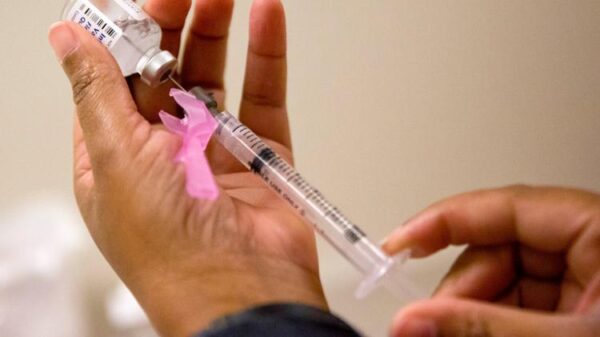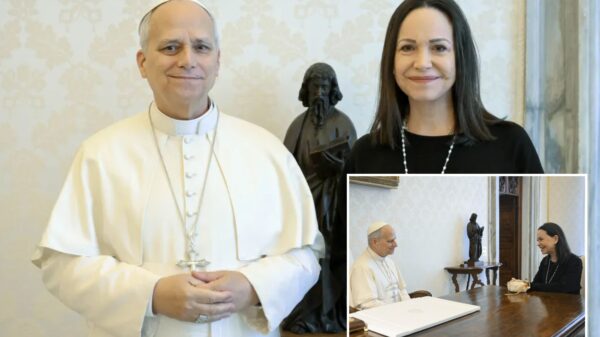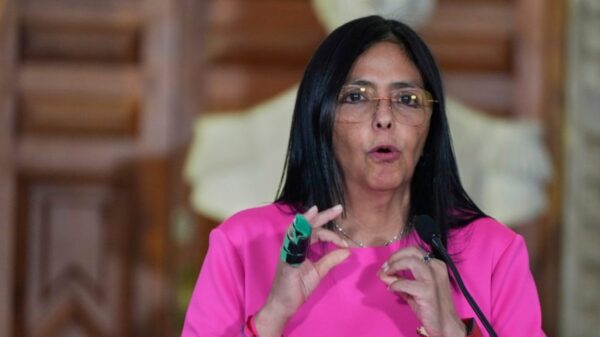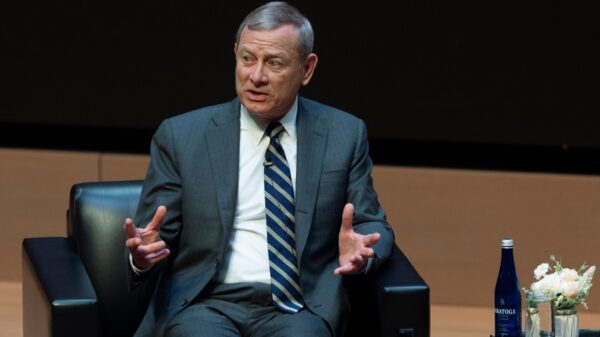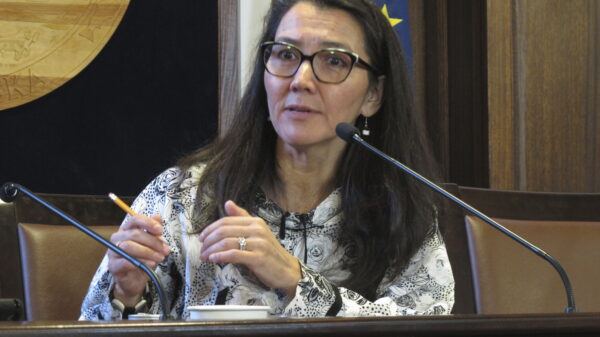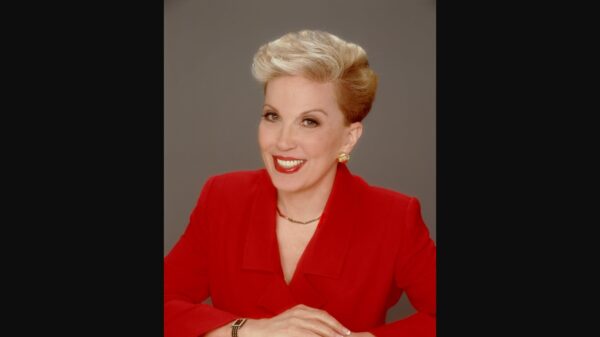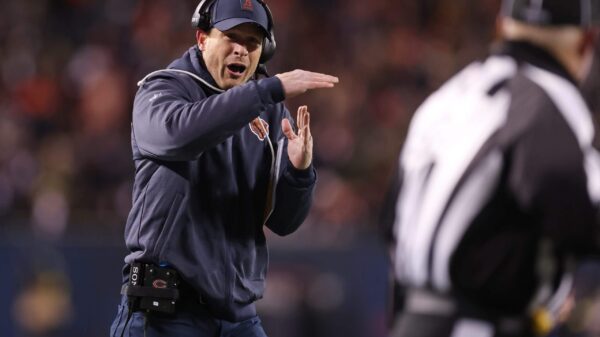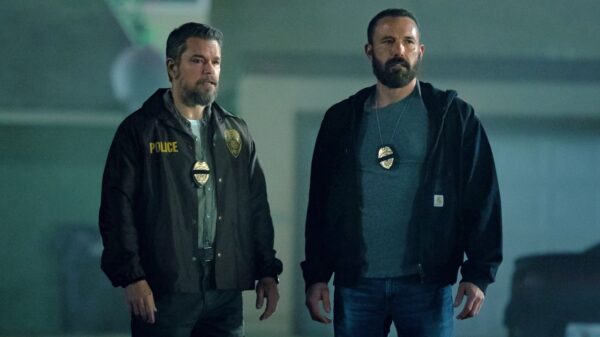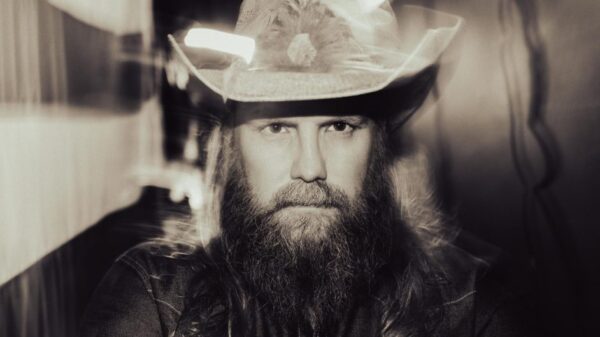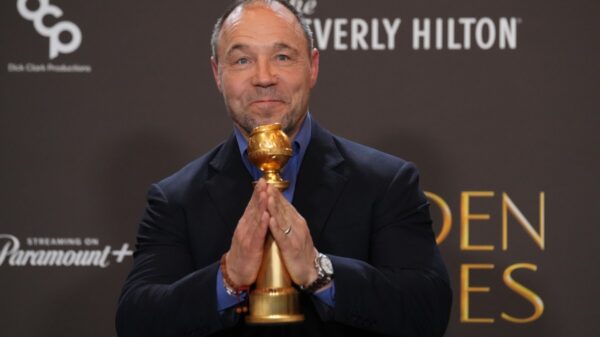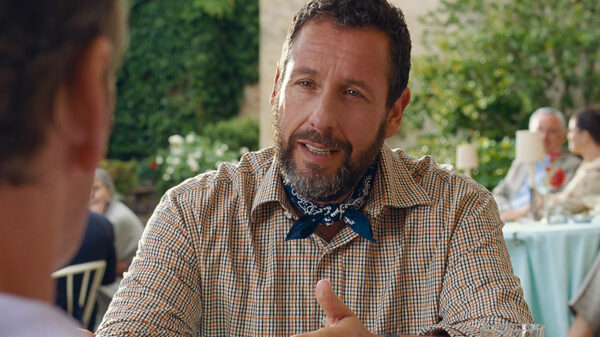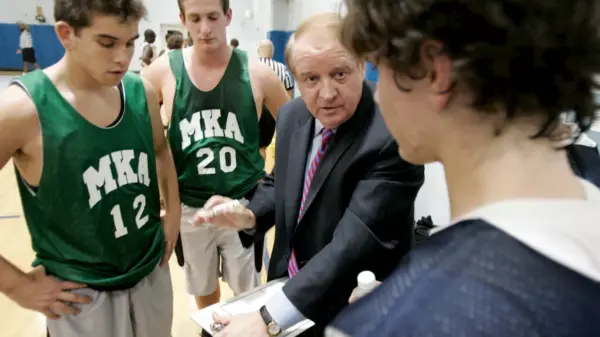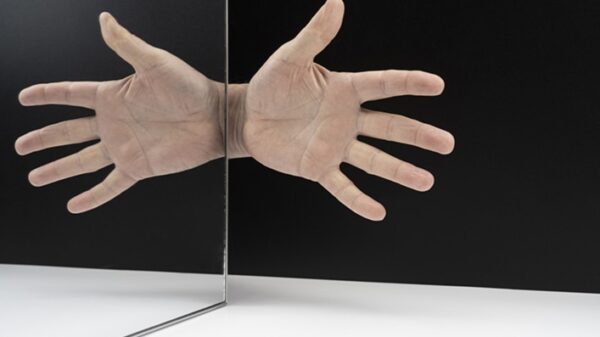Jennifer Lawrence has candidly shared her experiences with postpartum depression during a recent episode of “The Interview” podcast by The New York Times, aired on November 1, 2023. The 35-year-old actress discussed the complexities of motherhood, balancing her career, and the emotional challenges she has faced since becoming a parent.
Lawrence, who married Cooke Maroney in October 2019, welcomed their first child, son Cy, in February 2022. The couple expanded their family earlier this year, but details about their second child remain private. Reflecting on her journey into motherhood, she described it as a “sacrificial” experience that has been both rewarding and challenging.
“I’d never had to say no to something before that I really wanted to do,” she admitted, expressing the conflict between her professional aspirations and her responsibilities as a mother. “My kids and my family are more important, obviously, but they feel like an equal part of me. I would not be complete if I couldn’t make movies. I just wouldn’t.”
The actress highlighted her initial optimism, believing that her career as an actress would allow her to be a hands-on mother. However, she soon found that the reality was more complicated than she anticipated. “So I’m reckoning with, ‘How much is it OK to love this and not want to give it up?’” she explained.
Finding an Outlet Through Stories
After the birth of Cy, Lawrence experienced a shift in her mental health. She reported feeling an increase in anxiety with her second child and sought solace in literature. “I really lost myself in ideas,” she remarked. This need for escape led her to explore stories that resonated with her emotional state.
During this period, acclaimed director Martin Scorsese reached out to Lawrence, offering her a role in his film *Die My Love*, based on the novel by **Ariana Harwicz**. The story follows a young mother grappling with postpartum depression while her husband descends into psychosis. Lawrence noted that she was able to read the book in one sitting, describing it as overwhelming yet relatable. “I had just had my first baby, so it was really overwhelming,” she said. “I think because of that I was able to allow my mind to go to those darker places.”
As filming progressed, Lawrence was pregnant with her second child. She reflected on the challenges of portraying a character experiencing intense emotional turmoil while navigating her own journey through motherhood. “I spoke to a postpartum specialist who told me that a No. 1 cause of death in mothers in the first year is suicide,” she shared. This stark reality influenced her perspective on the film’s narrative, particularly its conclusion.
Confronting Anxiety and Seeking Help
While Lawrence had a positive experience following the birth of her first child, her second postpartum journey was markedly different. “I felt like a tiger was chasing me every day. I had so much anxiety,” she revealed. She described being overwhelmed by intrusive thoughts that led to self-doubt, picturing various worst-case scenarios.
In response to her struggles, Lawrence turned to therapy and medication. “I was already in therapy, but I got on a drug called Zurzuvae and I took it for two weeks and it really helped,” she said, adding a light-hearted note, “So if anybody’s having postpartum: Zurzuvae. I’m not paid by them, but they could maybe throw me something.”
By sharing her story, Lawrence aims to shed light on the often-taboo subject of postpartum depression, encouraging open discussions about mental health in the context of motherhood. Her candidness serves as a reminder of the challenges many women face, highlighting the importance of seeking support and finding healthy outlets during difficult times.







